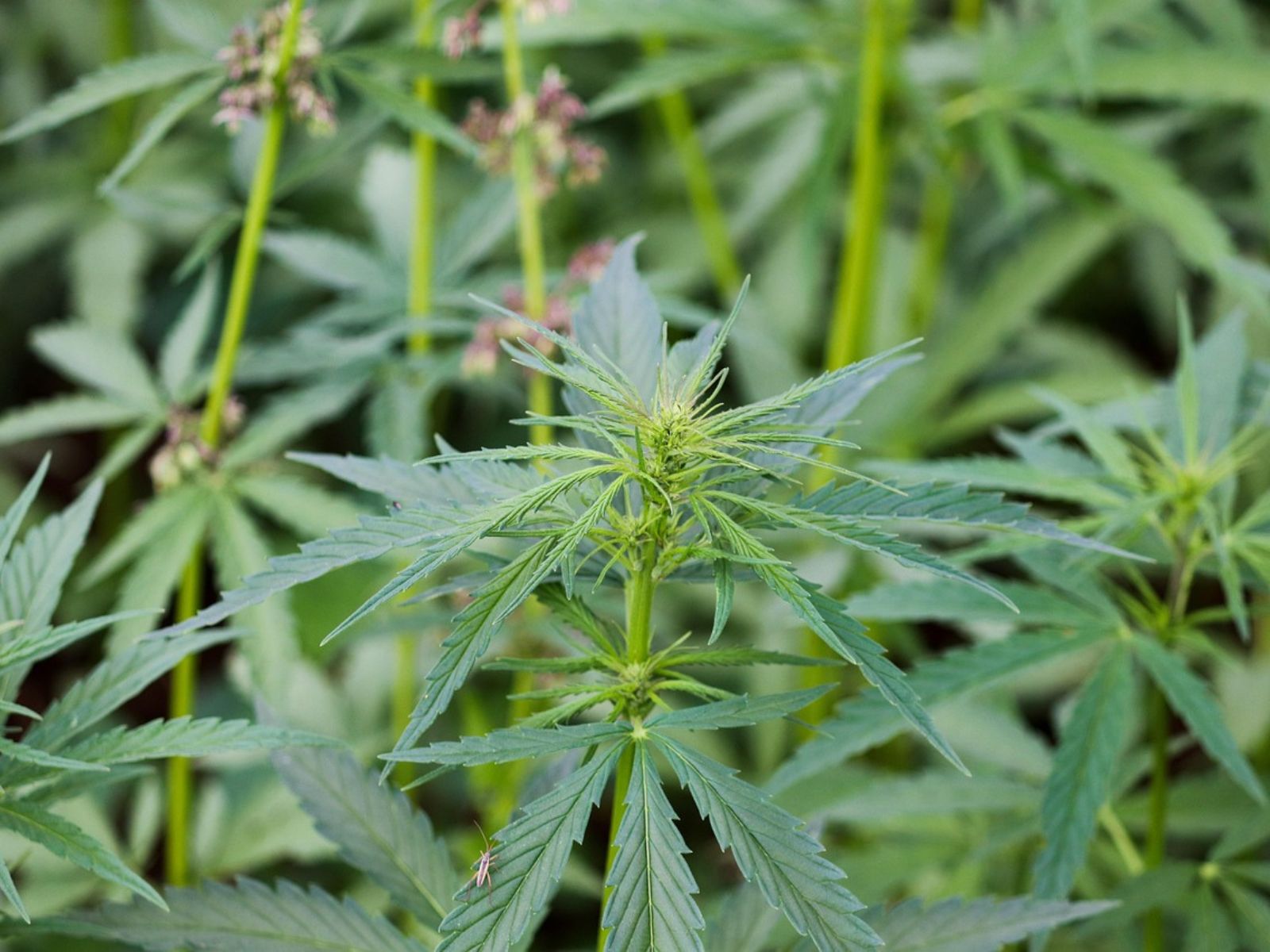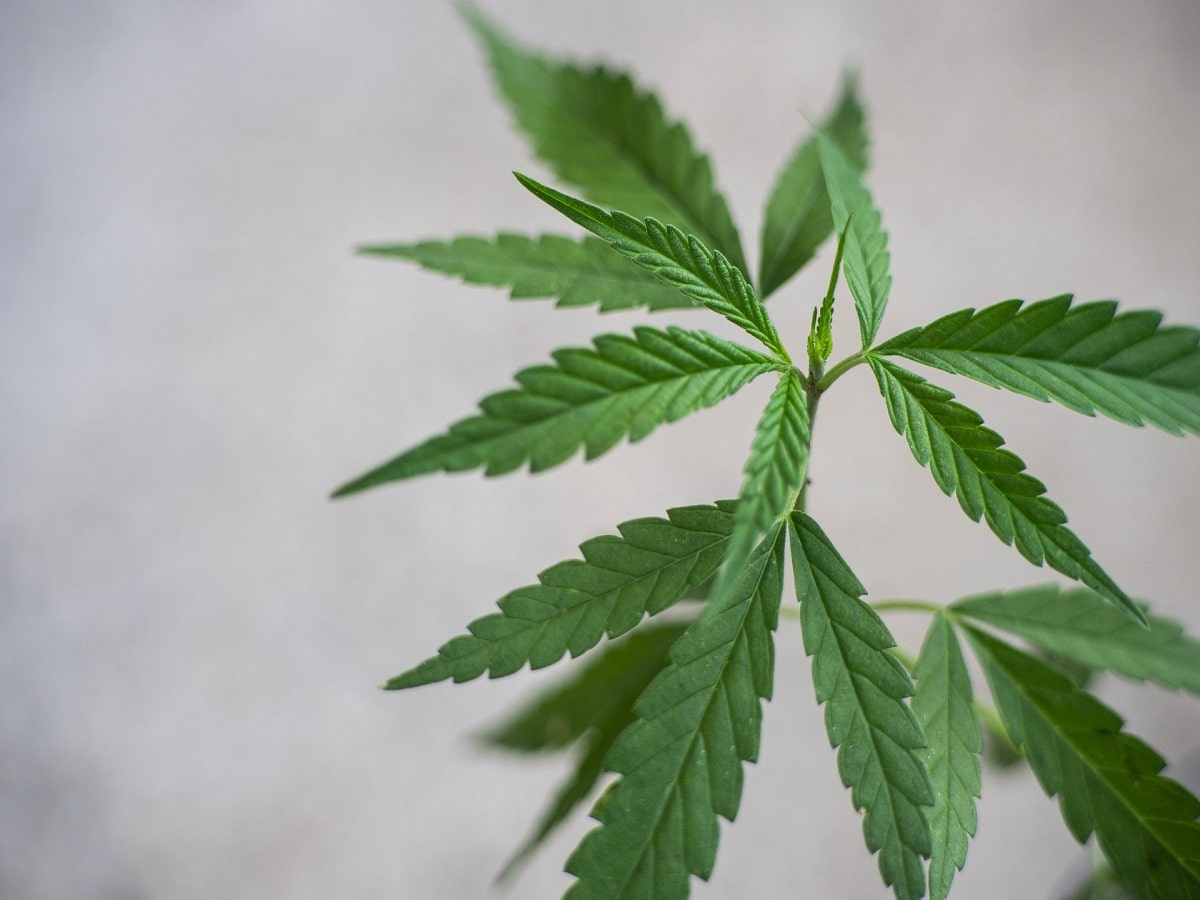
International Hemp Sector Seeks Science-Based Animal Feed Regulations

International Hemp Sector Seeks Science-Based Animal Feed Regulations
Members of the global hemp sector are calling for uniform international science-based regulations for animal hemp feed. Hemp-derived animal feeds are increasing in popularity as countries worldwide move to modernize their hemp policies and regulations.
Earlier this year, the U.S. Food and Drug Administration’s Center for Veterinary Medicine and the Association of American Feed Controls approved hemp seed meal as feed for laying hens. The regulatory entities set a threshold of 2 parts per million (ppm) of THC and a threshold of 20 ppm for CBD, which hemp sector members in other nations have reportedly taken issue with.
“The European Industrial Hemp Association (EIHA) is concerned regarding the current application from the Hemp Feed Coalition (HFC) to AAFCO to register hempseed meal as a livestock feed ingredient for laying hens with maximum cannabinoid limits of 2 ppm for total THC and 20 ppm for total CBD.” EIHA stated in an open letter in response to the then-proposed cannabinoid thresholds.
“We believe this feed ingredient definition does not reflect current research on feed-based cannabinoid risk, would needlessly exclude most commercially available hempseed meal, and therefore create a market that would not be commercially viable. We also believe that moving forward with this registration would create precedent that will complicate commercially viable hemp livestock feed ingredient registrations in Europe and other important global markets.” the letter also stated.
Members of the Canadian Hemp Trade Alliance (CHTA) also issued their own public letter earlier this year calling for an increase in cannabinoid thresholds.
“While we are optimistic for the new market opportunities, we do have concern that the proposed limits of 2 ppm of total THC and 20 ppm of total CBD are too low when the hempseed meal is
produced from hemp varieties that are commonly grown in North America. The observed variation of these natural constituents after decades of food manufacturing shows that most lots
will not meet these low levels.” members of CHTA stated in their letter.
“We feel that the established limit of 10 ppm for total THC for hempseed-derived food products in Canada is more appropriate in that it will not require separate testing of lots to qualify for feed, an effort in cost and time that the feeding industry will not be prepared to incur.” the letter also stated.
According to original reporting by FeedNavigator, the Federation of International Hemp Organizations is “working to harmonize global hemp regulations” and the organization is “collating the expertise of over 100 hemp professionals” to advocate for “policies that reflect hemp’s agricultural and industrial potential.”
A recent study conducted in China using hemp seed cake (HSC) to feed chickens found that “adding 20% HSC in the feed had a notable effect on the growth, antioxidant and immune capabilities, blood lipid metabolism, and meat performance” of the chickens in the study.
In addition to hemp increasingly being used as a source of animal feed, cannabinoids are also being increasingly used by veterinarians as medicine for suffering pets. For example, Brazil’s National Health Surveillance Agency recently decided to amend Ordinance SVS/MS 344/1998 to allow the regulation of medical cannabis products for animals by the Ministry of Agriculture and Livestock.
According to a recent market analysis by Global Market Insights, the global cannabidiol (CBD) pet market was worth an estimated $693.4 million in 2023. The CBD pet product market is projected to grow at an estimated 18.2% CAGR from 2024 to 2032.
Market growth will be driven by “growing pet ownership coupled with increasing awareness and acceptance of the potential therapeutic benefits of hemp-derived CBD for pets” the researchers stated.
“The dogs segment is set to lead the market, accounting for the largest revenue of USD 416.1 million in 2023, anticipating its dominance throughout the forecast period with a significant growth rate.” Global Market Insights reported.
Share article
Ticket Prices increase €200
On March 18th

Ticket Prices increase €200
On March 18th

Ticket Prices increase €200
On March 18th
Share article
Join Our Awesome Community
Join Our Awesome Community
Join Our Awesome
Community
Get all the latest industry news
delivered to your inbox






